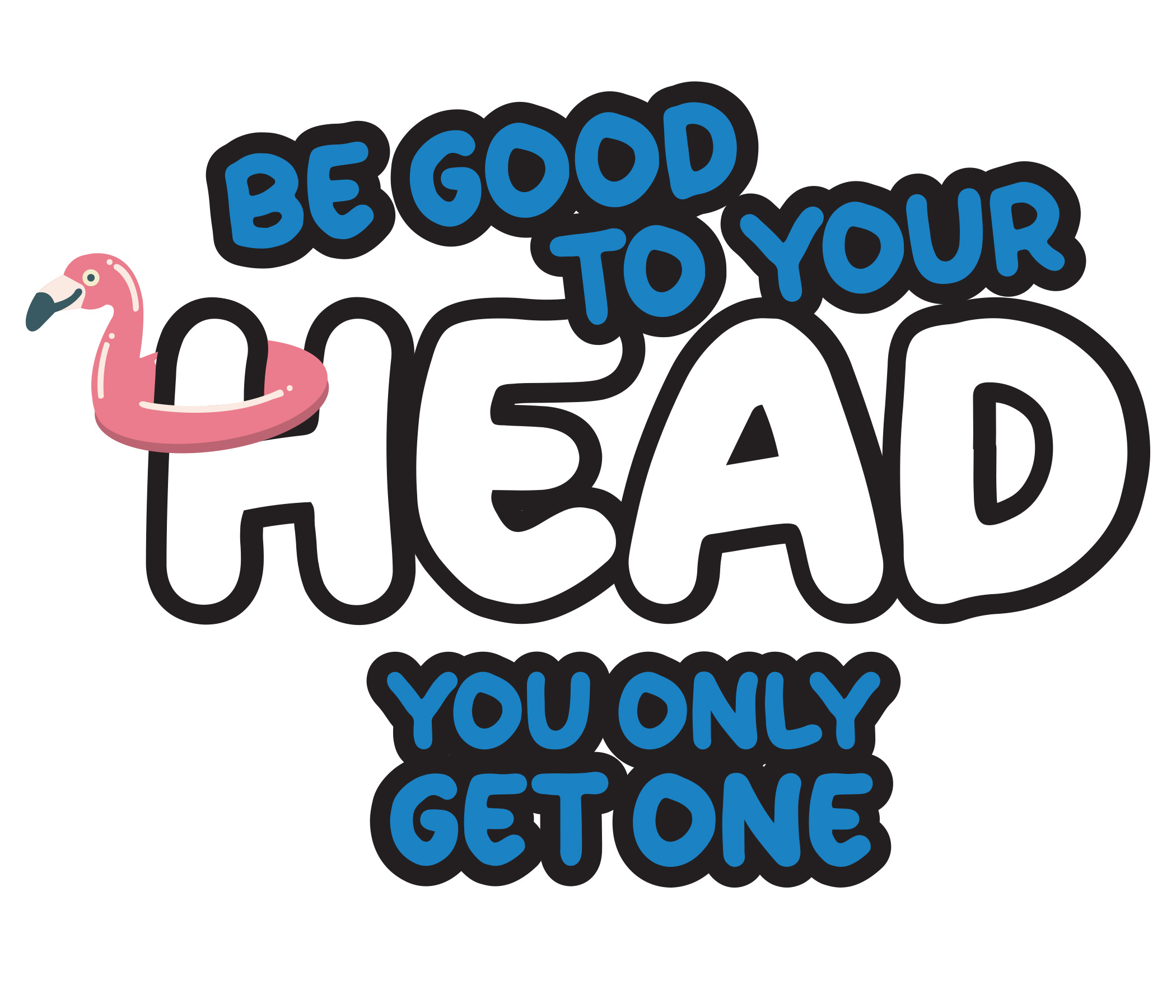Be Good To Your Head - You Only Get One
A Safe Diving Awareness Campaign

Protecting your head means protecting your future - one wrong dive can change a life forever.
Every year, hundreds of lives are altered by traumatic brain injuries (TBI) or spinal cord injuries (SCI) caused by diving into unknown or shallow water. Whether it's a lake, river, ocean, or even a swimming pool—no body of water is risk-free without caution. Many of these accidents are preventable.
This summer, MDRS is asking everyone to dive smart. Because when it comes to your head and spine you want to... Be good to your head — you only get one.
Water-Related Smart Tips
- Feet first, every time. Never dive into water if you don't know how deep it is—enter feet first until it's proven safe.
- Look before you leap. Check water depth markers or scout the area if you’re in a natural body of water.
- No diving in rivers, lakes, or oceans. Unless the area is specifically marked as safe for diving, assume it isn’t.
- Avoid headfirst slides. Especially at pools or backyard slides.
- Wear a U.S. Coast Guard-approved life jacket. Flotation devices aren’t just for weak swimmers. They’re for everyone on a boat, near open water, or tubing.
- Stay sober around water. Alcohol and water activities don’t mix. Impaired judgment increases the risk of drowning and injury.
- Use the buddy system. Never swim, paddle, or dive alone. Always let someone know where you are.
- Secure kids with life jackets near docks and boats. Even shallow or calm water can be dangerous. Children should wear flotation devices at all times near water.
- Stay alert and hydrated. Fatigue and dehydration increase the risk of accidents. Take breaks and drink plenty of water.
- Teach and practice water safety early. Kids and teens are most at risk and need to hear it from someone they trust.
Why It Matters
- A single moment of risk can lead to permanent paralysis, brain damage, or death.
- Recovery from TBI or SCI is long, difficult, and costly — physically and emotionally.
- Most diving-related injuries happen in water less than 5 feet deep.
How You Can Help
- Share the message using #BeGoodToYourHead
- Watch and share our safety content
- Click HERE to learn more about injury prevention and TBI/SCI services
- Talk to friends, students, and loved ones about safe summer swimming
We're Here If You Need Us
MDRS provides statewide support to individuals who have experienced a traumatic brain or spinal cord injury through our Office of Special Disability Programs (OSDP). We offer:
- TBI/SCI Case Management
- Independent Living Services
- Assistive Technology
- Vocational Rehabilitation
Call us at 1-800-443-1000 to find a local OSDP representative near you or click HERE to visit the OSDP website page.
Because your best summer memories should never be marked by tragedy.
Be good to your head — you only get one.